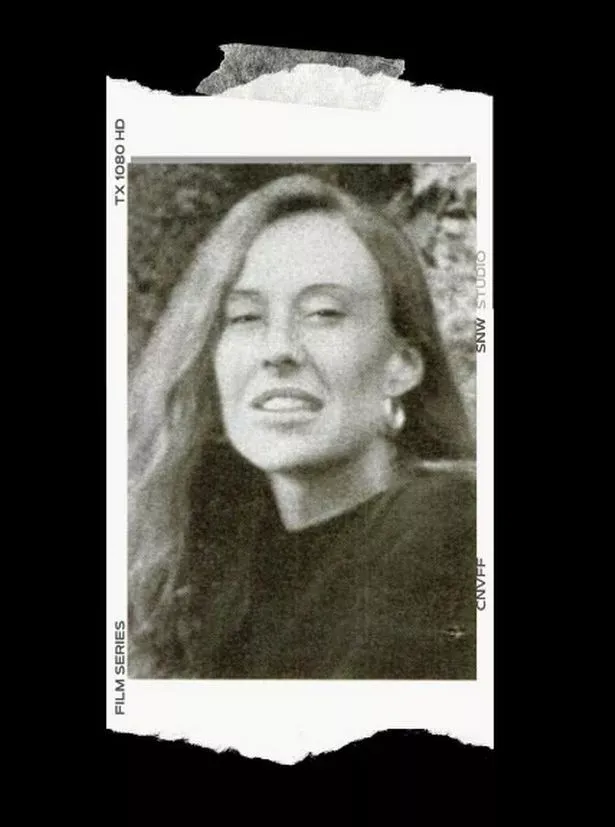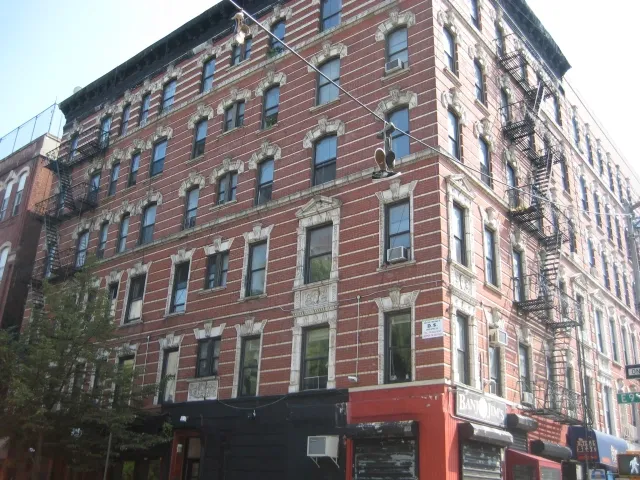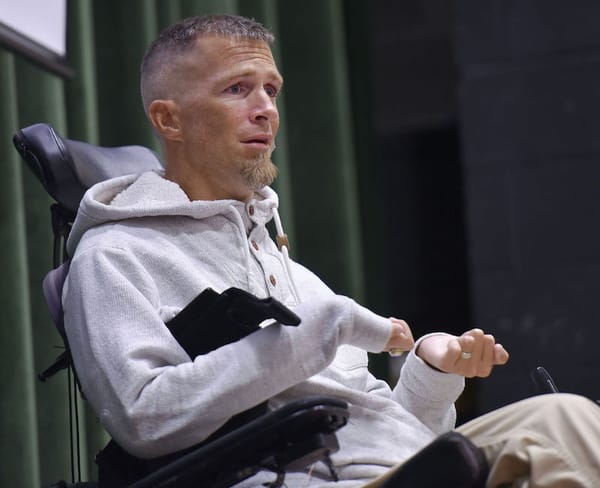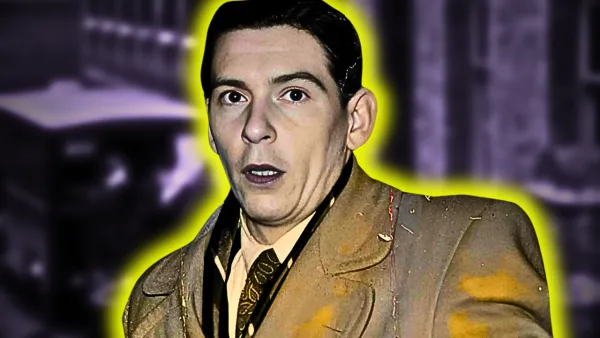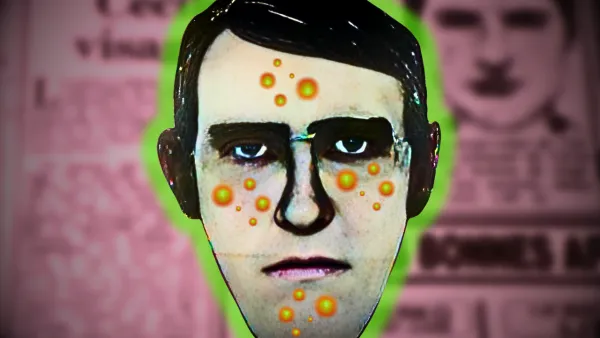"He Cooked Her Into A Soup": The Ghastly Tale of the Butcher of Tompkins Square Park, Daniel Rakowitz

On August 17, 1983, amidst the hustle and bustle of Thompkins Square Park, Daniel Rakowitz engaged in a chilling conversation with his friend, Sylvia. The subject? A plan to murder Monika Beerle, Rakowitz’s roommate and occasional romantic interest.
A Troubled Past: The Early Life of Daniel Rakowitz
Born on Christmas Eve in 1960, Daniel Rakowitz had a turbulent childhood in Victoria, Texas. He was orphaned at two when his mother died, an event that marked the onset of his troubled relationship with his father, Tony Rakowitz, a deputy in their small Texas town. This tumultuous relationship was characterized by conflicts and transgressions, often culminating in bouts of violent rage. Rakowitz was known for his hot temper, a trait that frequently landed him in trouble with the law.

“His father was a straight-laced fellow, a real disciplinarian,” Sheriff Robert Hewes of Rockport, Texas, recalled. “But the boy? He was a mental basket case, I guess you’d have to say.”
As a teen, Rakowitz showed signs of psychological instability. His father once found weed on him and booked him for possession, a testament to Tony’s uncompromising law-and-order attitude.
Desperate Times: Daniel’s Life on the Streets of New York
Once in New York, Rakowitz’s life took a nosedive. His status shifted from army-enlistee to homeless vagabond. His attempts at sustaining himself included working as a part-time cook and marijuana dealer. However, his marijuana business was no lifeline, as he often smoked up his inventory. As his life spiraled out of control, he sought solace in companionship, leading him to meet Sylvia.
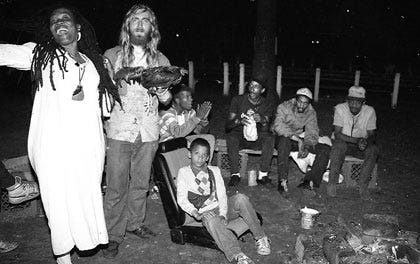
Rakowitz, then homeless, made numerous contacts through his pot dealing. One such contact was Sylvia. She saw a sweet, caring side to the otherwise troubled Daniel, a side she believed was worth nurturing. So she offered him a home, a decision that made a noticeable difference in his demeanor.
“I saw a change in Daniel: he felt like he was a normal person,” explained Sylvia. “He had a home, he could take a shower, he had a big TV.” In fact, Rakowitz developed a fixation for television, often indulging in marathon sessions until dawn.
In a bid to make ends meet and offer some service to the community, Rakowitz regularly sought donations, bought massive amounts of food, and cooked for the homeless in Thompkins Square Park. His cooking became somewhat of a community tradition, his goodwill standing in stark contrast to the turmoil that was building within him.
The Fatal Attraction: Daniel Meets Monika
Monika, a Swiss exchange student studying dance at the prestigious Martha Graham Center of Contemporary Dance, needed a roommate to share rent expenses. Despite his eccentric reputation, Daniel seemed harmless enough to her. He moved in with Monika, and the two quickly developed a complicated relationship that straddled the lines between platonic friendship and romantic involvement.

However, Monika soon found out about Daniel’s darker side. His erratic behavior and uncontrolled outbursts left her increasingly uncomfortable. She eventually made a decision to evict him, fearing for her safety and well-being. Daniel, however, didn’t take the news well. The threat of homelessness brought his paranoia to new heights, and this fear combined with his growing resentment towards Monika eventually led to a tragic outcome.
The Gruesome Murder and Its Aftermath
On August 18, 1989, Monika Beerle was reported missing. A few weeks later, the shocking truth surfaced. Daniel had killed Monika in a fit of rage and had done the unthinkable — he had dismembered her body and boiled her remains in a large pot, which he then fed to the homeless. A horrifying act that sent shockwaves across the community.

His confession came in a strange, roundabout way. Sylvia, the friend who once provided him shelter, found herself listening to Daniel recount the chilling tale of Monika’s murder in great detail. Initially, she didn’t believe him. But when he showed her a box containing what he claimed were Monika’s remains, the grim reality set in. Horrified, Sylvia alerted the police, leading to Rakowitz’s arrest.
Rakowitz’s trial was a sensational spectacle. His defense argued that he was legally insane at the time of the murder, while the prosecution insisted that his actions were premeditated and that he was fully aware of what he was doing. After weeks of deliberation, the jury found Rakowitz not guilty by reason of insanity. He was committed to Kirby Forensic Psychiatric Center, a maximum-security facility on Wards Island, where he remains to this day.
Conclusion
The tragic story of Daniel Rakowitz is a chilling reminder of the dark underbelly of human nature. His life and crimes showcase the devastating impact of untreated mental illness, a lack of supportive interventions, and the relentless struggle against homelessness and societal rejection. The tale of Rakowitz stands as a testament to the importance of mental health awareness and support structures in society, prompting us to reflect on our own responsibility towards those on the fringes of our communities.
